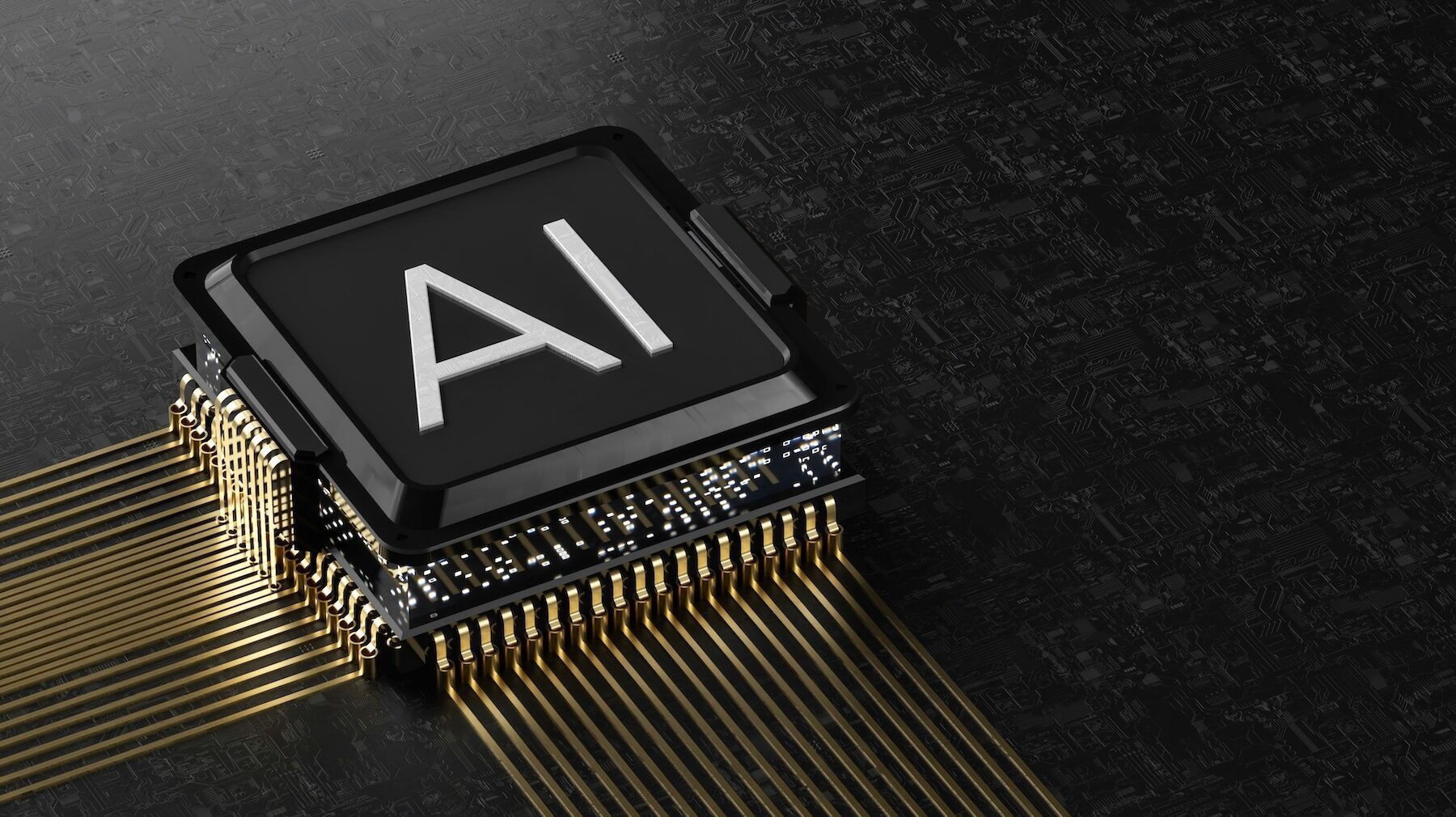
The Trump Administration plans to rescind and replace Biden-era rules designed to keep advanced technology away from foreign foes, a posture that drew heavy criticism from Big Tech.
The long-awaited decision by President Donald Trump is sure to have far-reaching implications on the distribution of artificial intelligence (AI) chips worldwide, which companies prosper from the new technology, and the U.S.’s standing as a global AI leader.
“I vocally opposed this rule for months, and indeed, the ranking member and I together urge the Biden administration not to adopt it, and I’m very pleased that President Trump has now confirmed he plans to rescind it,” Sen. Ted Cruz, R-Texas, said during a Senate committee hearing to discuss AI regulation on Thursday. OpenAI CEO Sam Altman, AMD CEO Lisa Su and Microsoft Corp. President Brad Smith were among those who testified.
The Biden-era curbs, called the Framework for Artificial Intelligence Diffusion, was issued in January and set to take effect May 15. It would have divided countries into three tiers subject to specific AI-related trade regulation in a move to keep advanced computing power in the U.S. and among its allies while finding more ways to hobble China’s access to advanced chips.
But Trump administration officials have been weighing discarding the tiered approach and replacing it with a global licensing regime with government-to-government agreements, sources told Reuters last week.
According to a Department of Commerce spokeswoman, officials “didn’t like the tiered system” and said the rule was “unenforceable.”
“The Biden AI rule is overly complex, overly bureaucratic and would stymie American innovation,” a Commerce Department spokeswoman said. “We will be replacing it with a much simpler rule that unleashes American innovation and ensures American AI dominance.”
Much of Thursday’s Senate hearing centered on balancing the challenge to move quickly on AI while adopting necessary standards and export controls to prevent technology from being diverted to China. Tech executives also called for more innovation and faster AI adoption in their prepared remarks while pushing back on the Biden curbs. NVIDIA has also publicly pushed back against the curbs.
“The unintended consequence of this [Biden] approach is to encourage Tier Two countries to look elsewhere for AI infrastructure and services,” Microsoft’s Smith wrote in February. “And it’s obvious where they will be forced to turn.” The alternative, he said, was most likely China.

